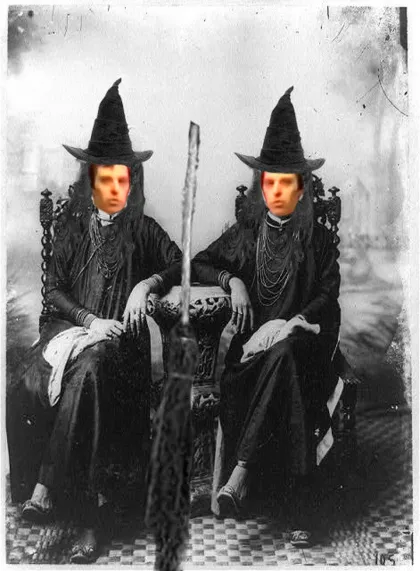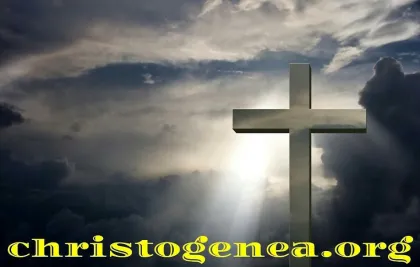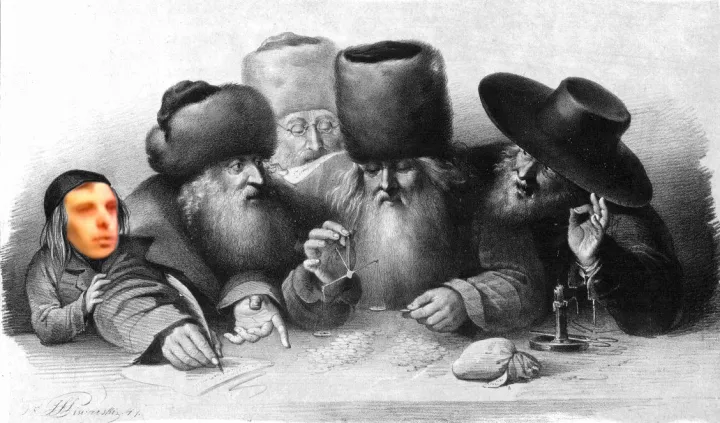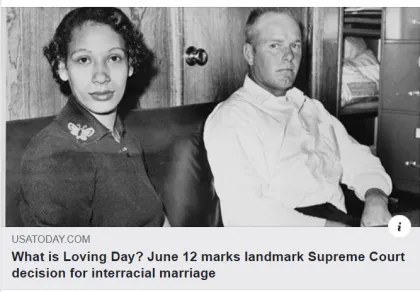Addressing Charles Weisman’s What About the Seedline Doctrine? Part 20: Witches, Warlocks and Weisman

Addressing Charles Weisman’s What About the Seedline Doctrine? Part 20: Witches, Warlocks and Weisman
Over the past 19 parts of this series addressing Charles Weisman’s book What About the Seedline Doctrine?, discussing his first four chapters of his book, we hope to have fully established the truths of our Seedline profession, and the fact that Charles Weisman misrepresented many things, and even made many outright lies, in order to attempt to refute those truths. Now we will continue to present the rest of Weisman’s book, as he wrongly believes that he has refuted our position and now he attempts to slander it, evidently hoping to forever discredit our doctrines. As we undertake this endeavor, we will try to avoid repeating much of the basis for our beliefs here, as we have already elaborated greatly on all of the basic reasons for believing in what is usually called Two-Seedline. But so that we can defend against his charges here, we may have to repeat some things we believe, and will try to do so without too much elaboration.
Here Weisman attempts to slander our Seedline doctrine by associating it with witchcraft, Gnosticism, Freemasonry, the Talmud, the rabbis of Judaism, and ultimately, the Kabbalah. But even this order of his own illustrations is deceptive, as we have demonstrated in our series on The Jews in Medieval Europe that Freemasonry was in large part founded on the Kabbalah, but the Kabbalah was not written until the 12th century, or perhaps the 13th, by a Jew in Spain. Of course, much of it was based on older systems, namely the Talmud and Medieval Neoplatonism, but the work has no authentic ancient authority. In turn, the Kabbalah is the link to witchcraft and alchemy in Medieval Europe, and in the time of John Dee the alchemists, who were all practitioners of Kabbalah, became Speculative Masons, and ultimately were admitted into the guilds of the Freemasons, whereafter Masonry became a tool in the hands of the Jewish Kabbalists by which to inculcate Christians into Jewish teachings and the accomplishment of Jewish objectives.










 Please click here for our mailing list sign-up page.
Please click here for our mailing list sign-up page.








Recent comments